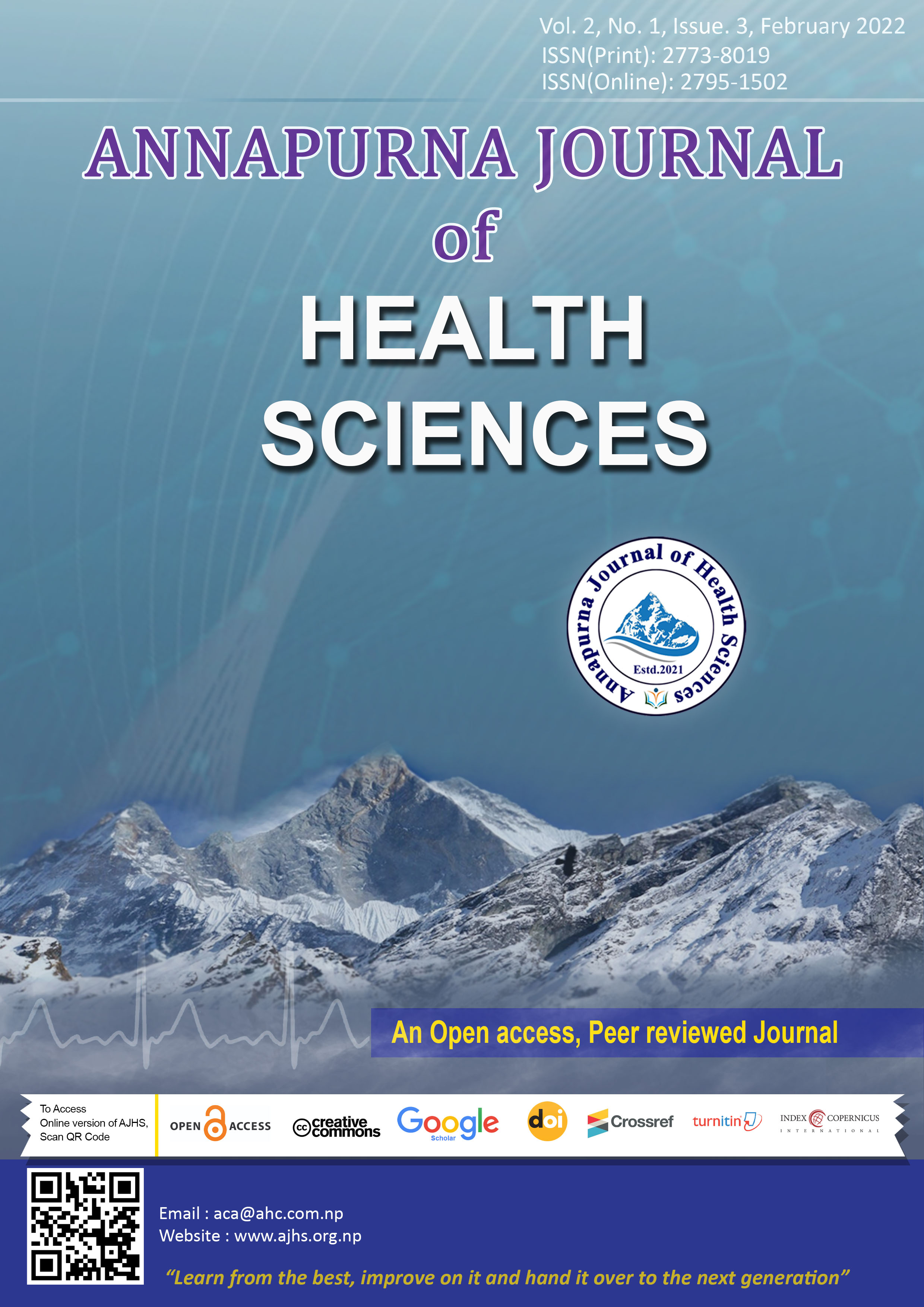Correlation between White Blood Cell Count and Myocardial Infarction Mortality in Patients admitted at Tertiary Care Center of Philippines
Keywords:
Clinical Outcome, Myocardial Infarction, WBCAbstract
Introduction: Coronary artery disease (CAD) continues to be a major cause of
morbidity and mortality in developed as well as developing countries. This study
aims to find out the correlation between elevated WBC and AMI mortality and
also to enhance as an independent marker for higher risk for in-hospital patients
which would finally help for risk stratification and better care for such presentation.
Methods: This is a retrospective research evaluating all adult patients with AMI
who were admitted to Rizal Medical Center from January 1, 2016 to December
31, 2017. Clinical data were retrieved from the Medical Records Section and
Department of Laboratory Medicine. Detailed history, physical examination and
relevant investigations such as complete blood count and electrocardiographic
results were reviewed. All data was managed by Microsoft Excel for windows
and after collecting a sample size of 225 cases. Analysis was executed using SAS
Software Version 9.3.
Results: Relationship existed between clinical outcome and white blood cell count.
The patients with elevated WBC on comparison to patients with normal WBC had
3 times more risk of dying (discharged(5.8%)/died(18.7%), p value 0.028. The
mean WBC for favourable clinical outcome was 11.87±4.85 S.D which is lower as
compared to the poor clinical outcome averaged 13.87±6.20 S.D. (p .028 < .05).
Conclusion: The results indicate that patients with elevated white blood cell
count would be more likely to have poor clinical outcome compared to patients
who have normal white blood cell count. White blood cell count within 24 h
of admission for an AMI is a strong and independent predictor of in-hospital
mortality.
Downloads
Downloads
Published
How to Cite
Issue
Section
License

This work is licensed under a Creative Commons Attribution 4.0 International License.
This license allows reusers to distribute, remix, adapt, and build upon the material in any medium or format, so long as attribution is given to the creator. The license allows for commercial use.




